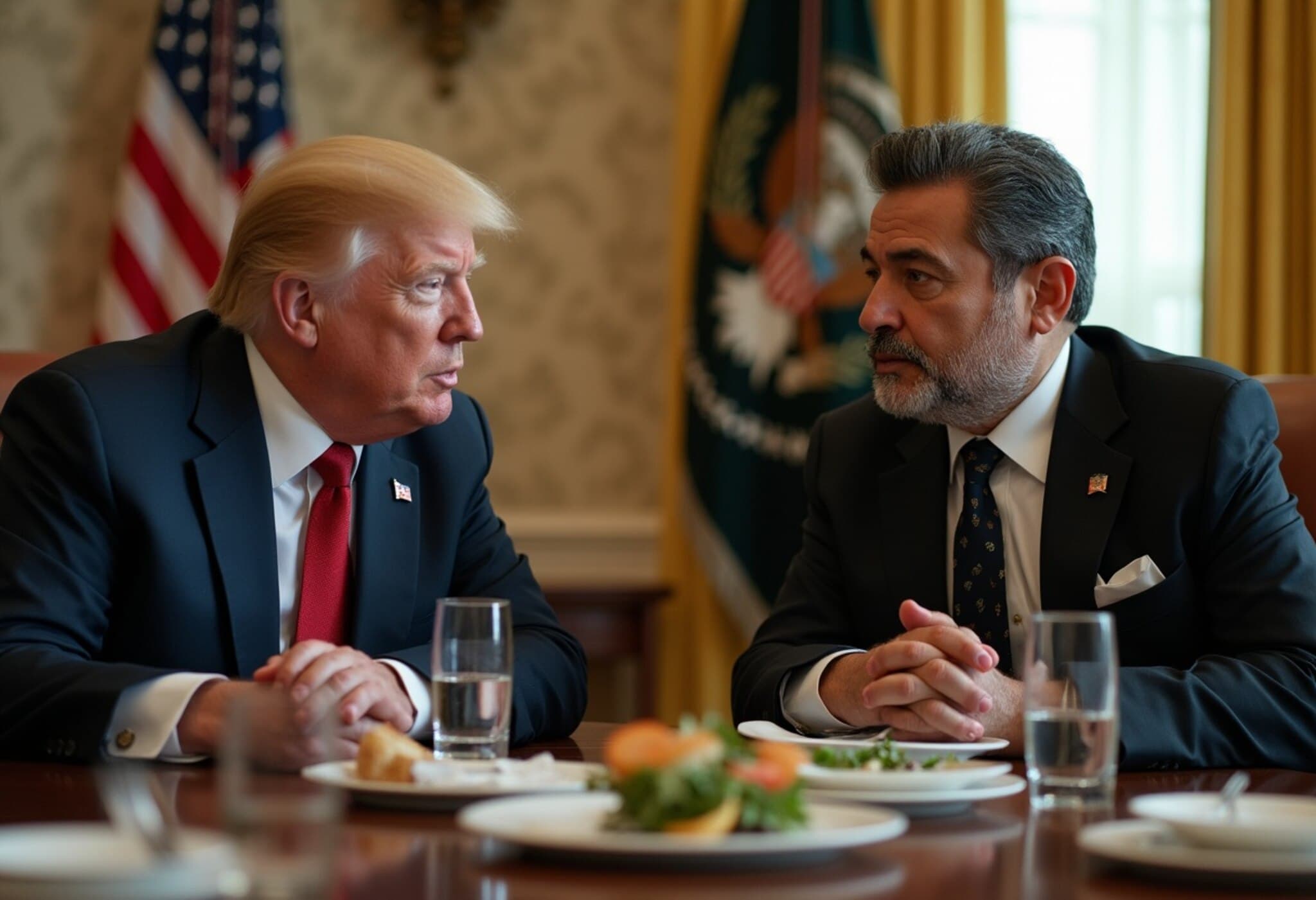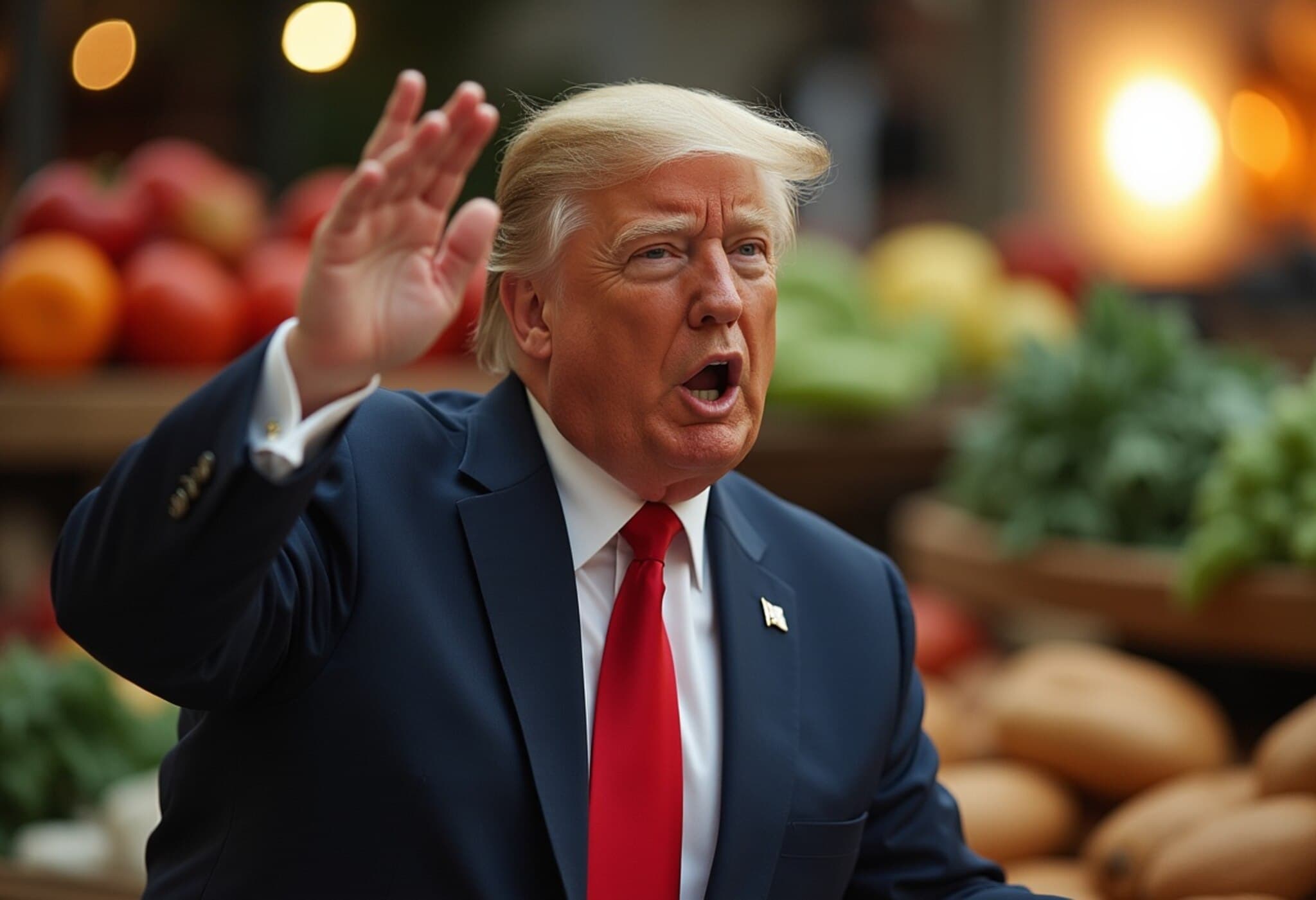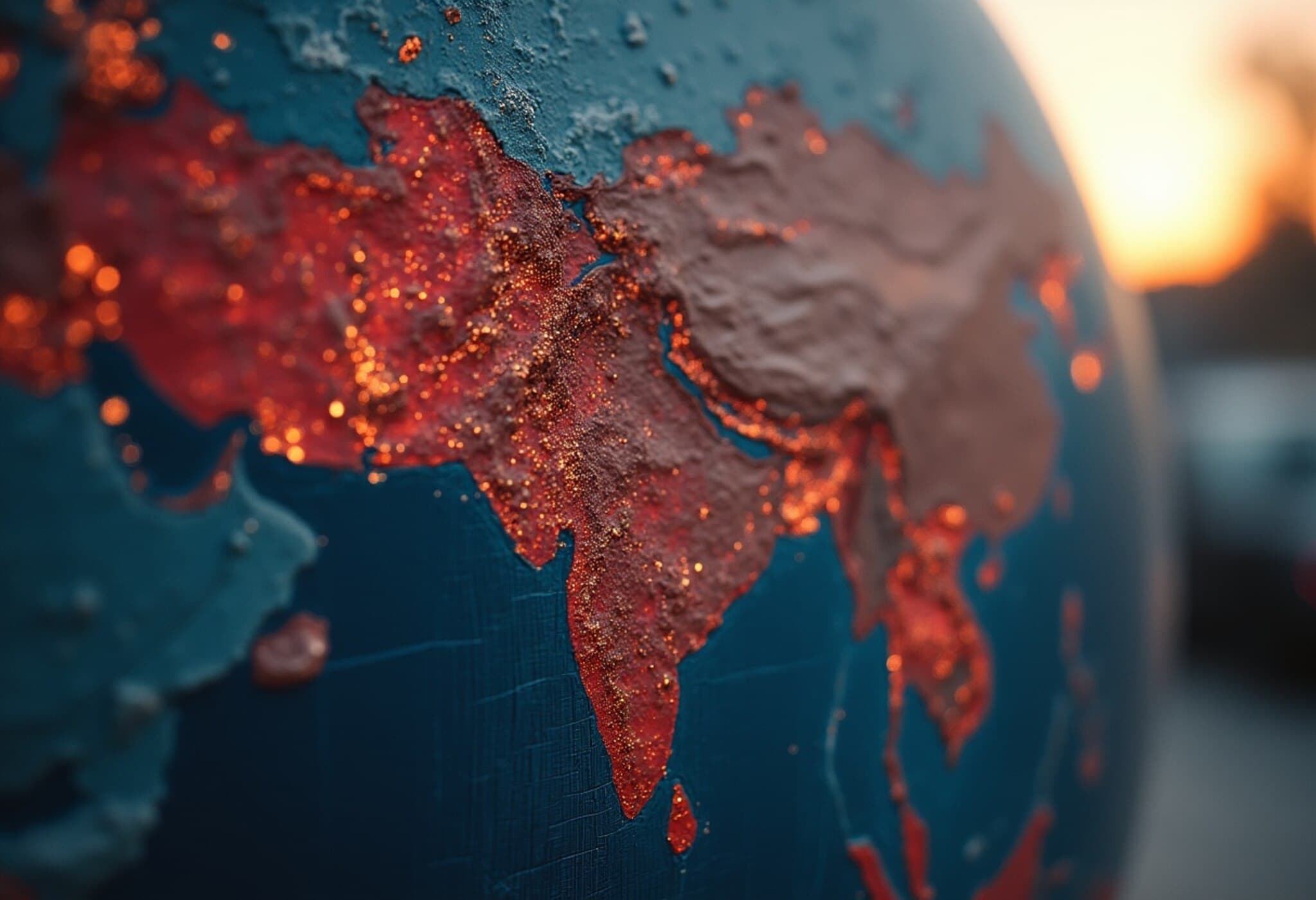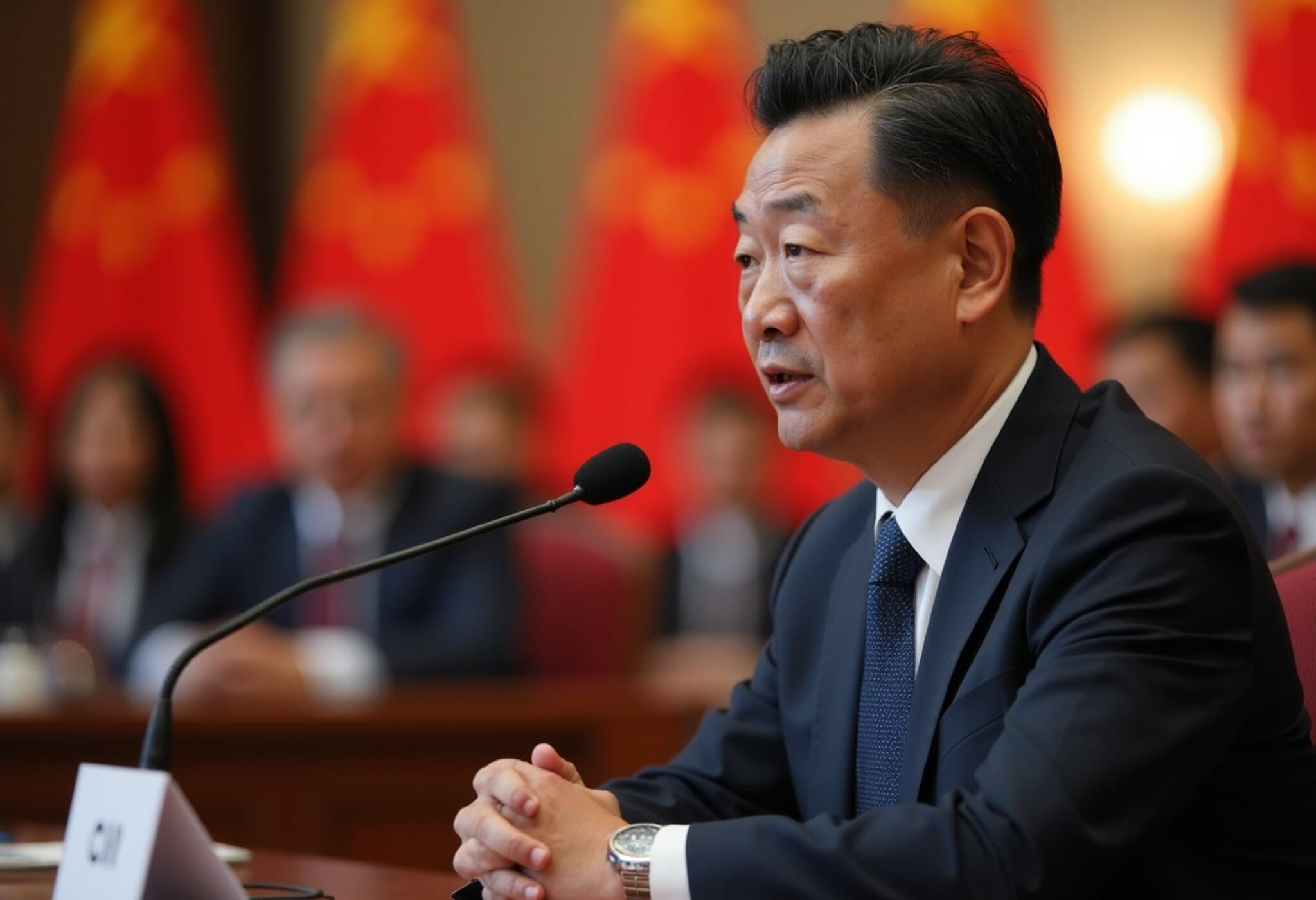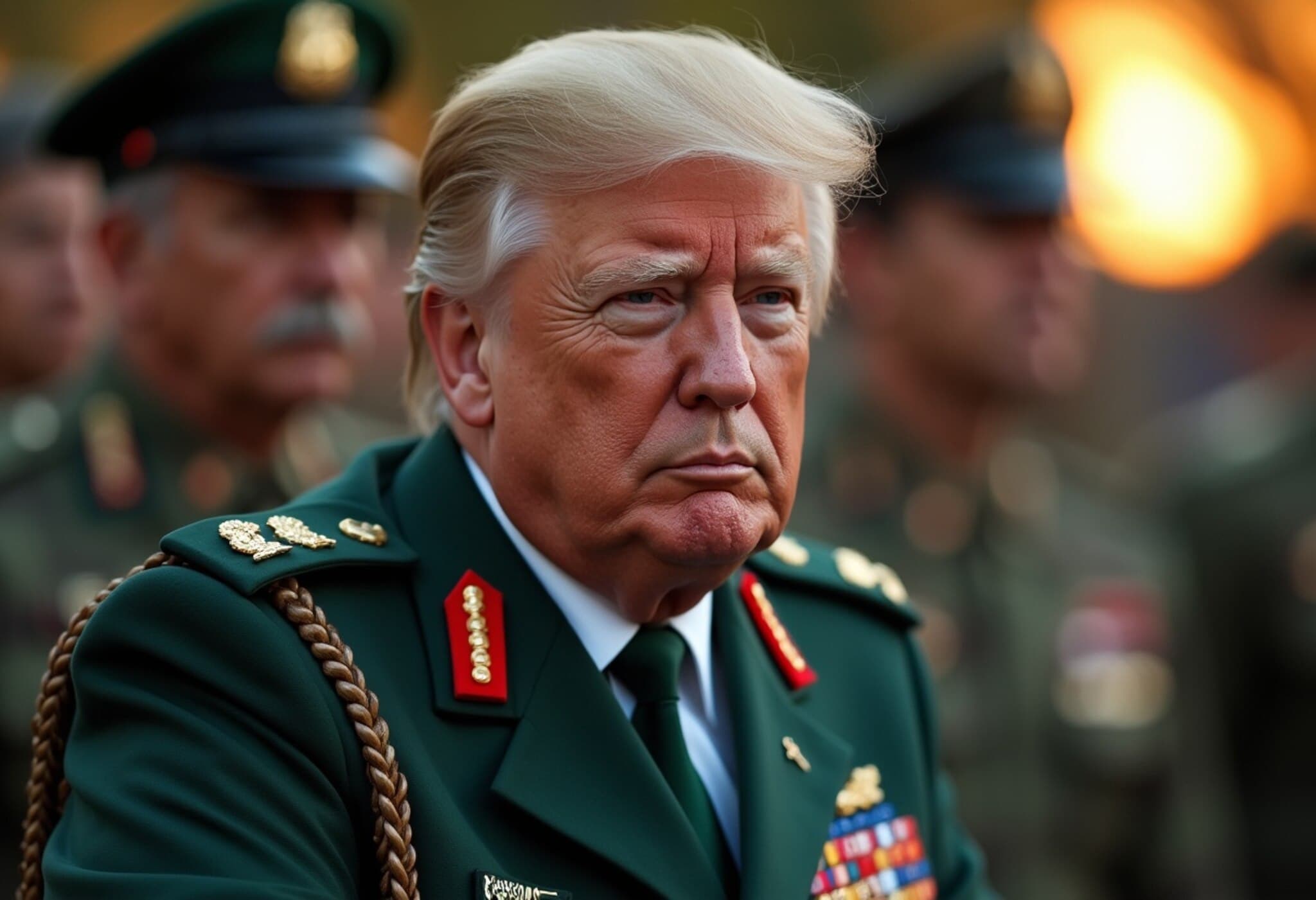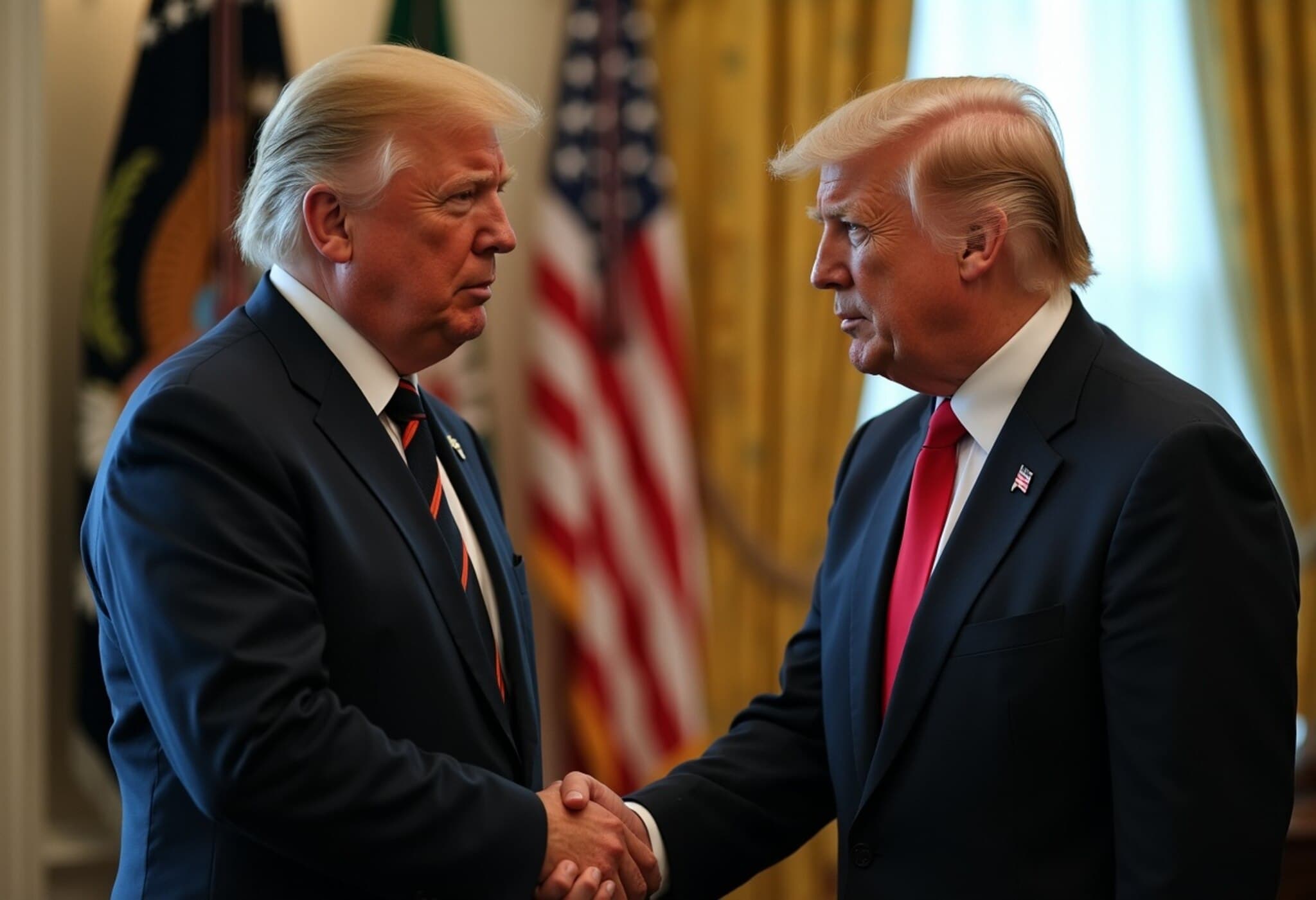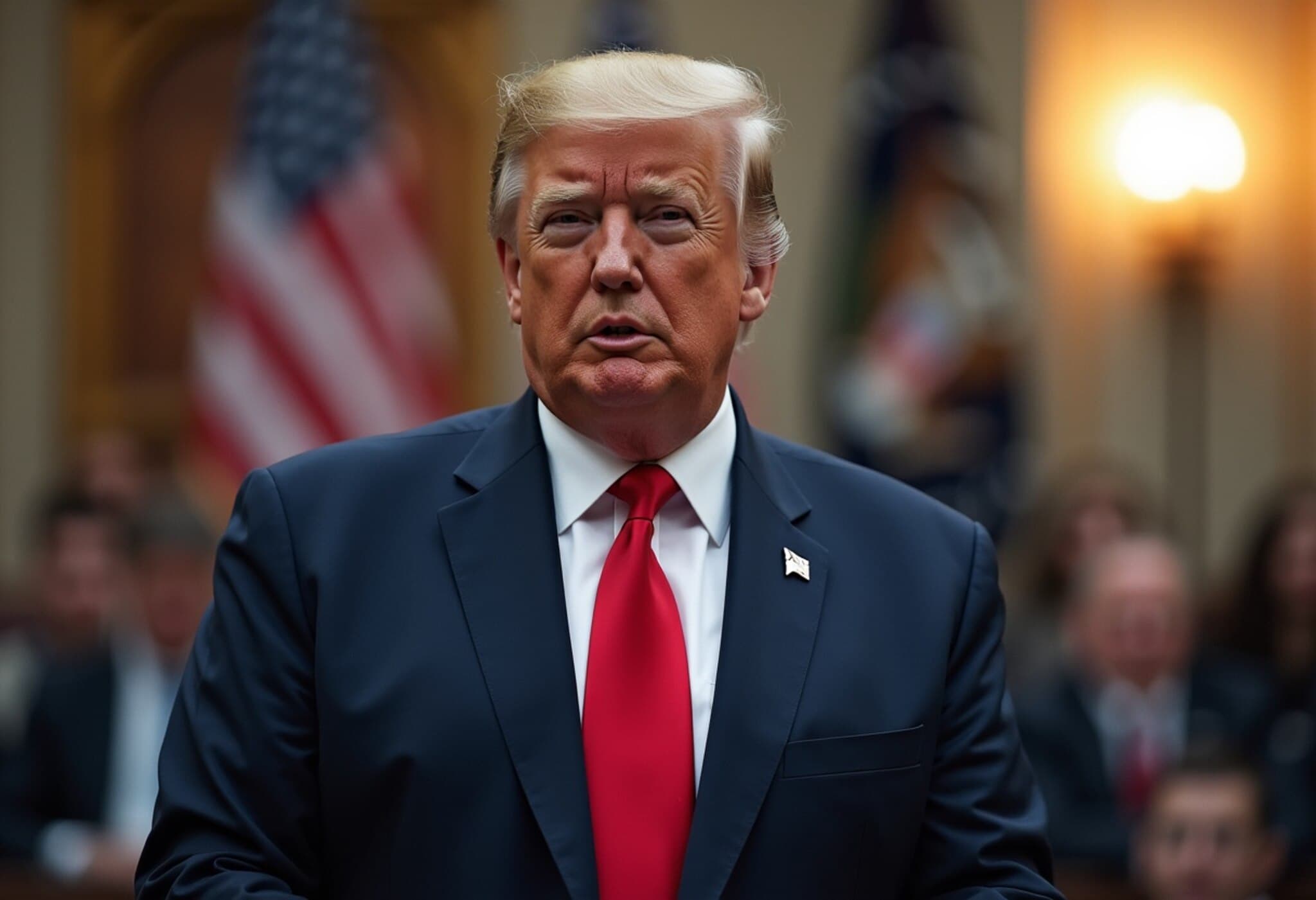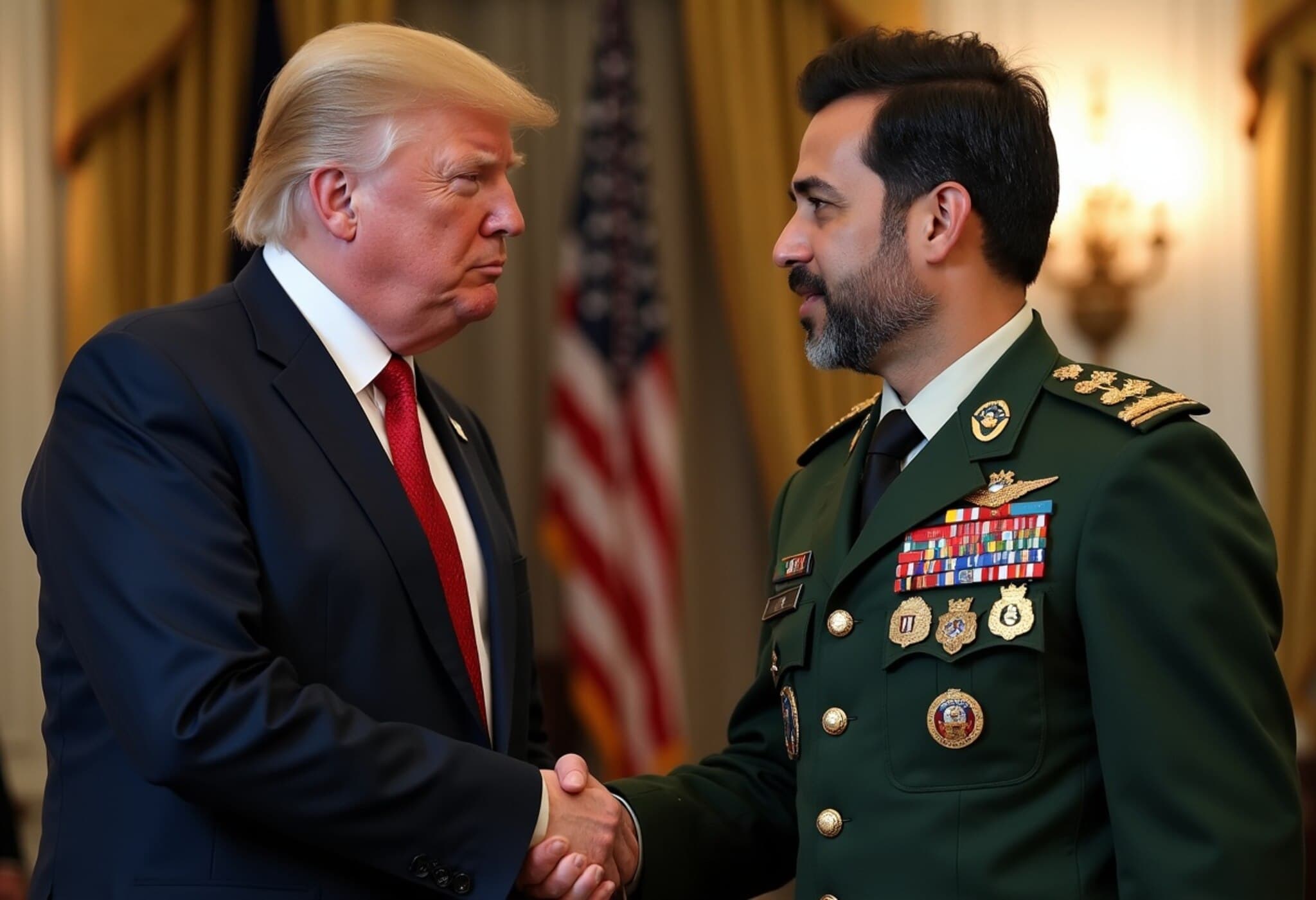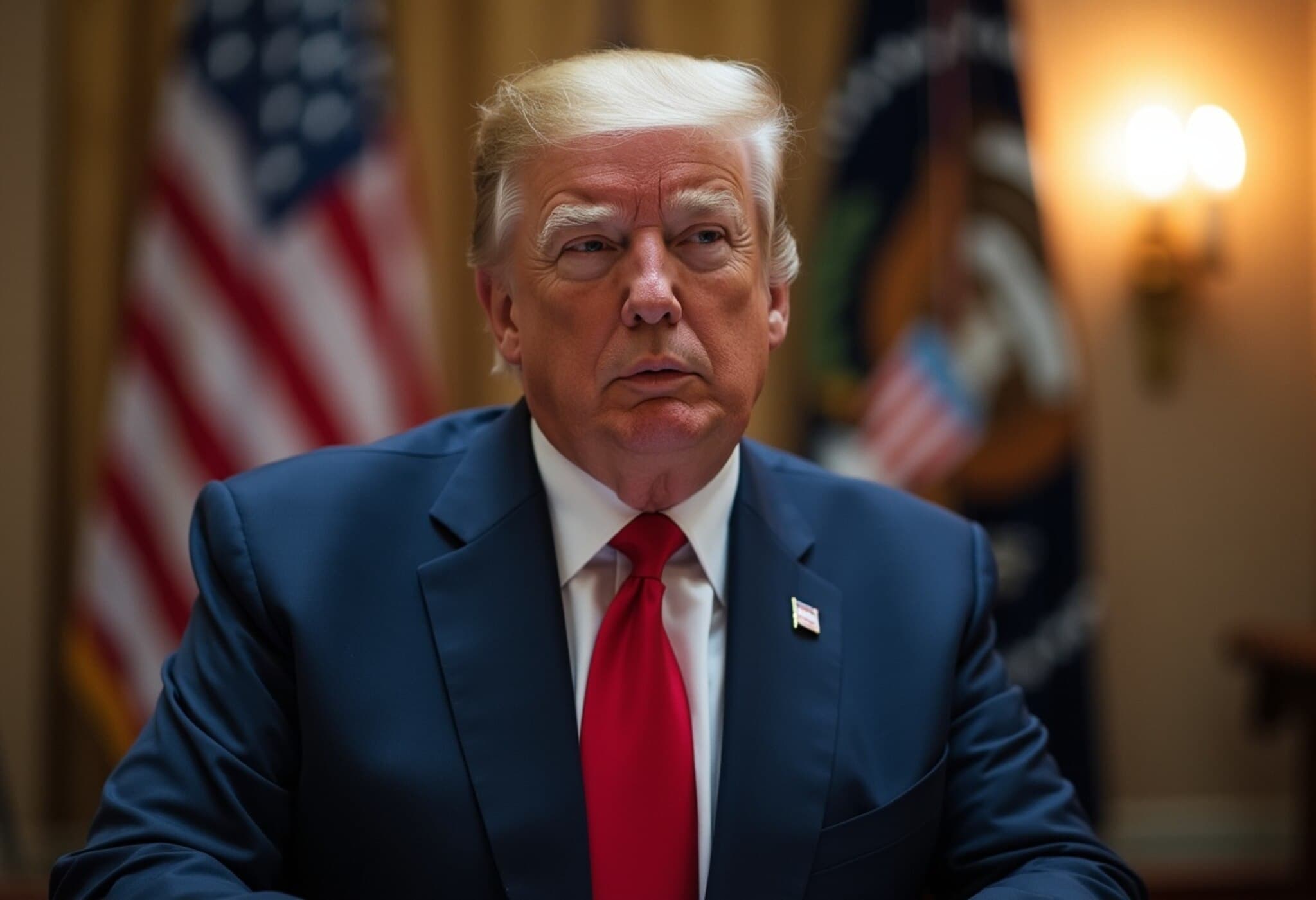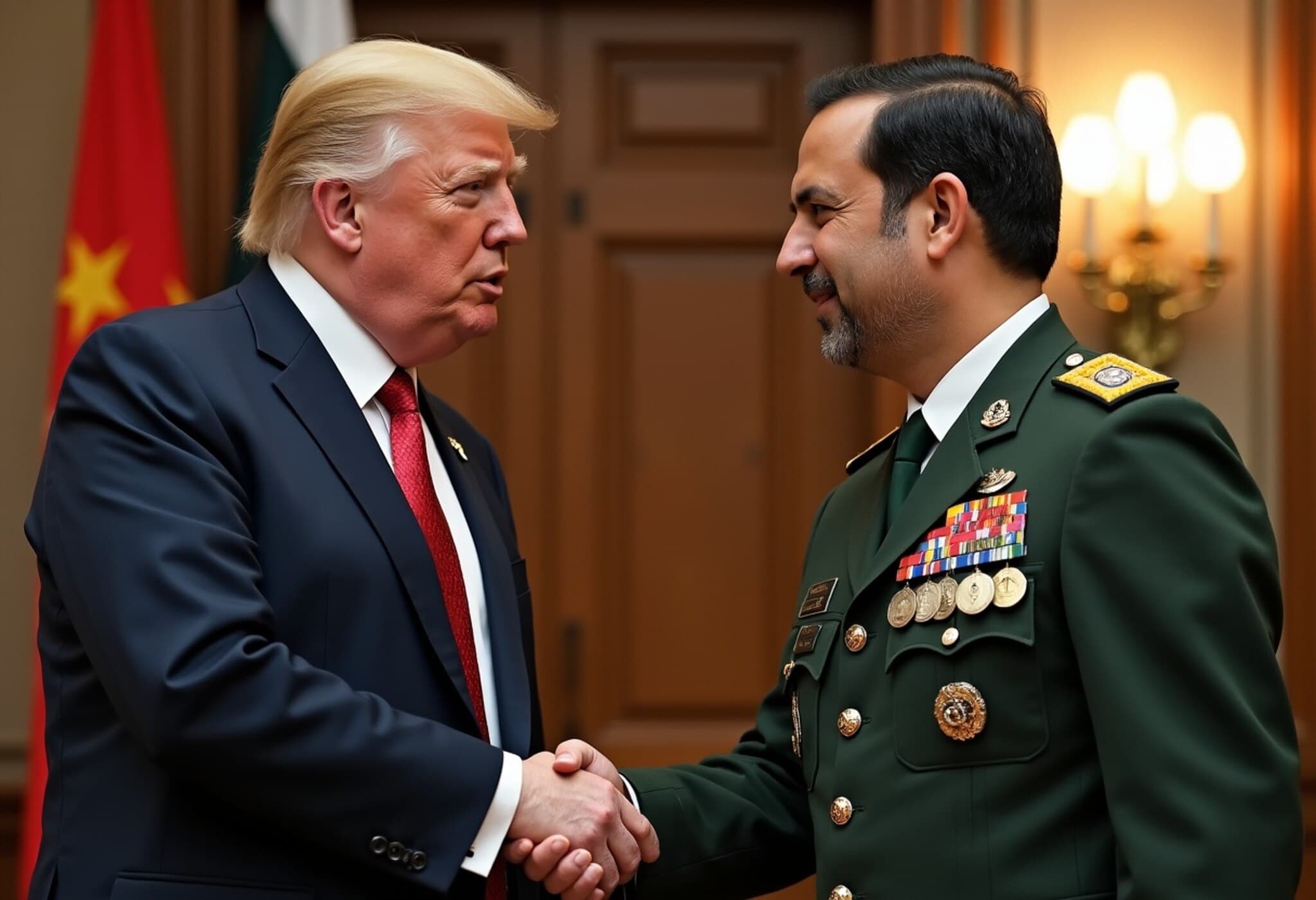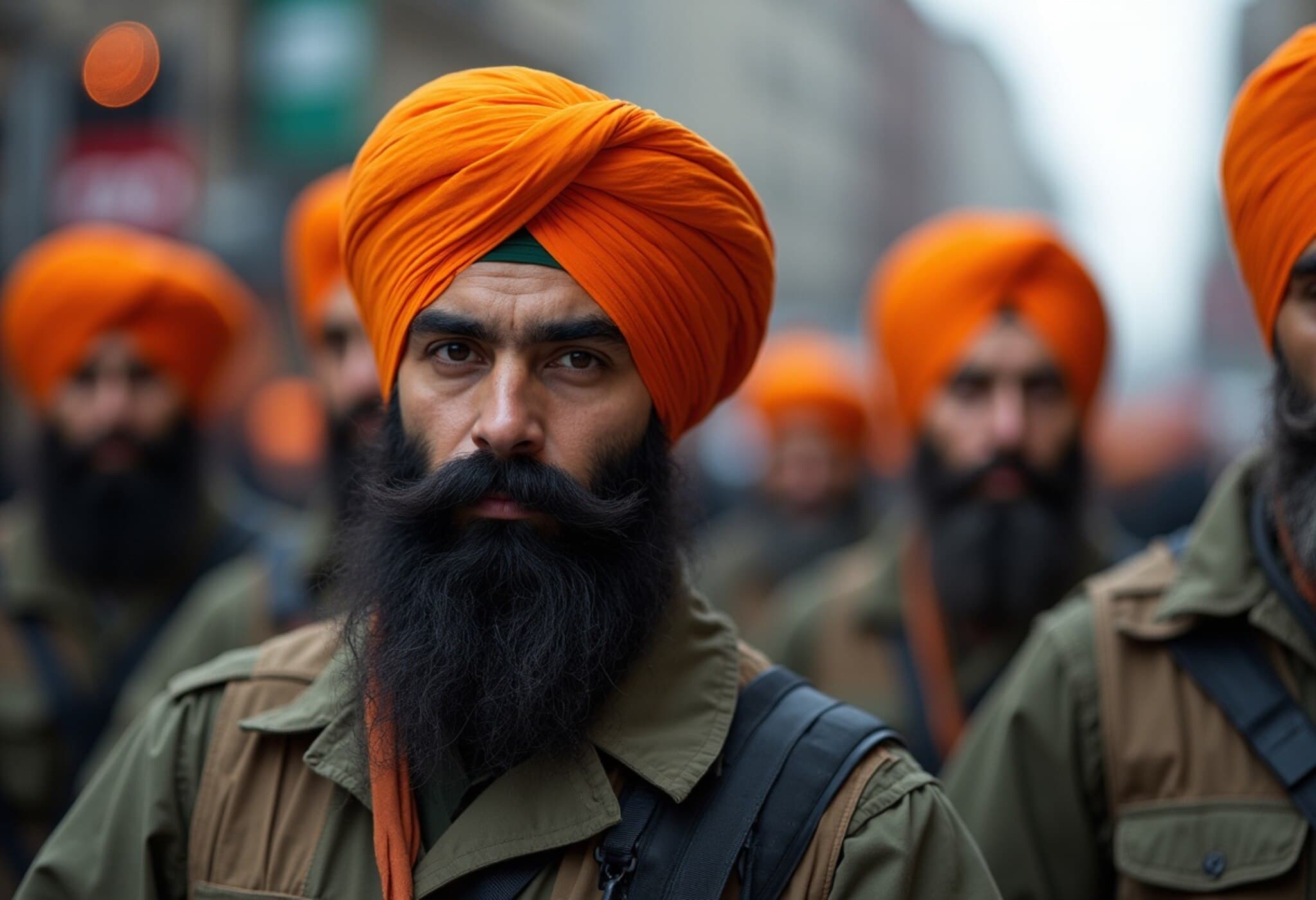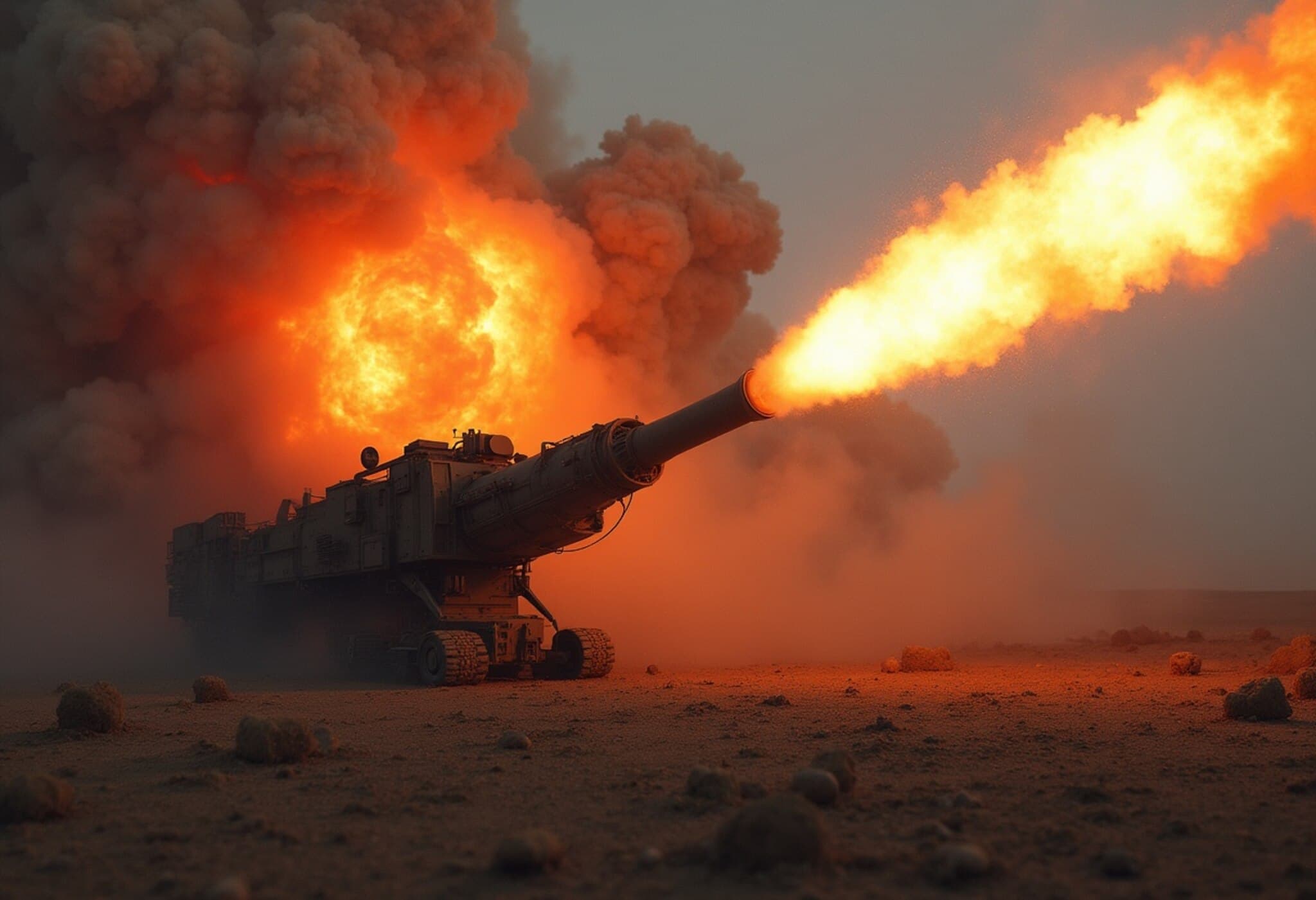Historic White House Meeting Between Trump and Pakistan's Army Chief
In an unprecedented move, US President Donald Trump hosted Pakistan Army Chief Asim Munir for a private luncheon at the White House. This gathering marked the first time a sitting US president welcomed the influential head of Pakistan's military without the accompaniment of senior civilian officials.
Peace Held Between India and Pakistan Thanks to Munir's Role
At the luncheon, Trump lauded Munir for his restraint and pivotal role in preventing a potential war with India. Reflecting on the escalating conflict last month characterized by drone and missile strikes, Trump noted, "Two very smart people decided not to keep going with that war; that could have been a nuclear war."
Both leaders acknowledged the sensitive nature of the situation that could have escalated into a nuclear confrontation. Peace was restored after just four days of intense skirmishes, when India and Pakistan mutually agreed to de-escalate tensions on May 10.
Trump Also Praises Indian Prime Minister Narendra Modi
In addition to commending Munir, Trump spoke highly of Indian Prime Minister Narendra Modi, whom he had a phone conversation with the night before the luncheon. Trump expressed optimism about forging future trade relations between the US and India, referring to Modi as a "fantastic man." However, he clarified that peace talks or trade deals were not topics of their recent discussion.
Strategic Discussions on Iran Amid Rising Middle East Tensions
The meeting took place against the backdrop of increasing tensions between Israel and Iran. Trump highlighted Pakistan's close knowledge of Iran, stating that Pakistan "knows Iran very well, better than most." The two leaders discussed the evolving situation in the region, with Munir reportedly agreeing with Trump's assessment. Islamabad maintains close ties with Tehran and has publicly condemned Israel's airstrikes, warning of threats to regional stability.
Duration and Attendees
The private luncheon, held in the White House Cabinet Room, lasted over an hour. Lieutenant General Asim Malik, head of Pakistan's Inter-Services Intelligence (ISI), accompanied Munir to the meeting.
Nobel Peace Prize Nomination Suggestion
The meeting was reportedly prompted by Munir’s suggestion that President Trump deserves to be nominated for the Nobel Peace Prize for his efforts in preventing a nuclear conflict between India and Pakistan. The White House confirmed the rationale behind hosting the Pakistani general, emphasizing the significance of the peace that was preserved.
Key Takeaways
- Trump hosted Pakistan’s army chief at the White House for the first time in history.
- Both leaders discussed and praised efforts to avoid an escalation with India.
- Discussions included regional security issues, especially concerning Iran and Israel tensions.
- Trump expressed positive views on India-Pakistan relations and potential US trade deals with India.
This meeting signals a rare moment of diplomacy and acknowledgment of military restraint amid fraught geopolitical dynamics, underscoring the importance of dialogue in defusing potential conflicts.

